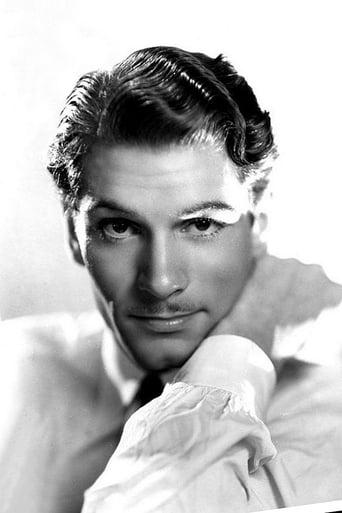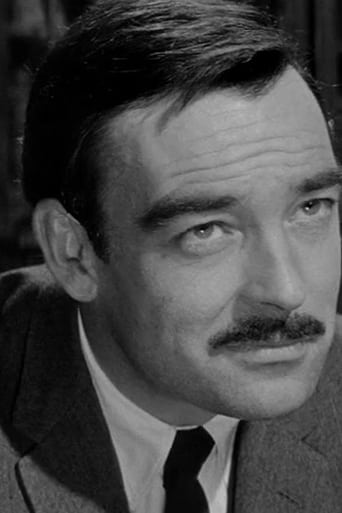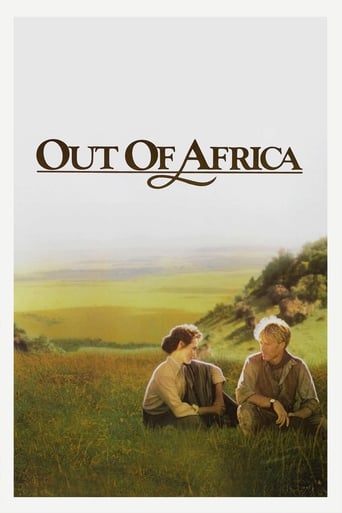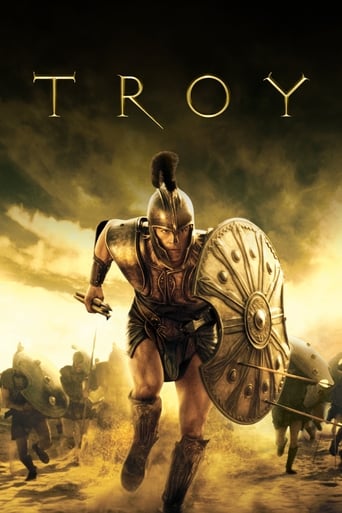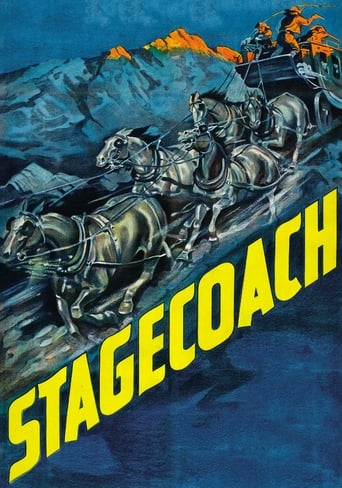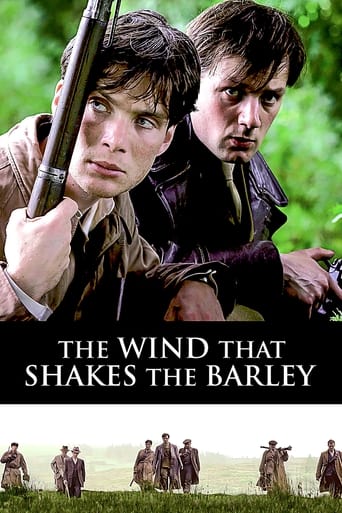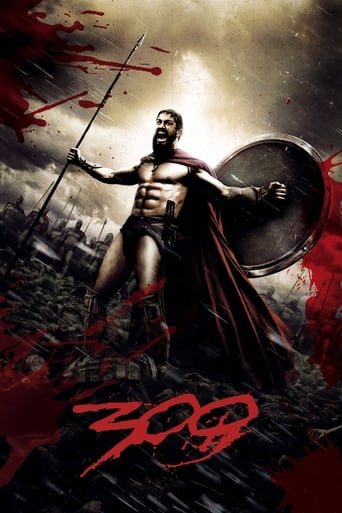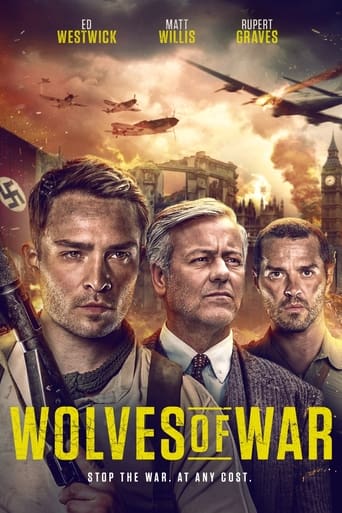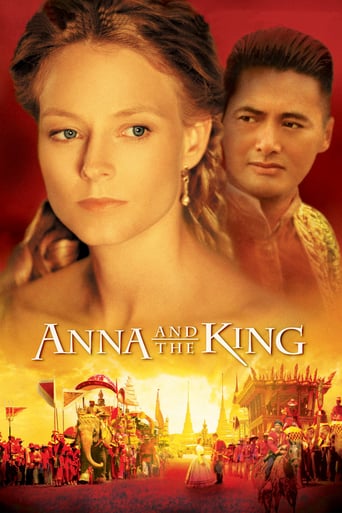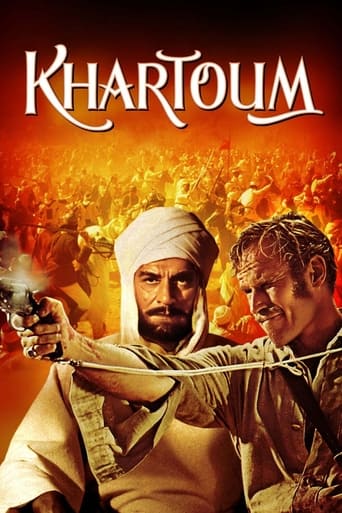
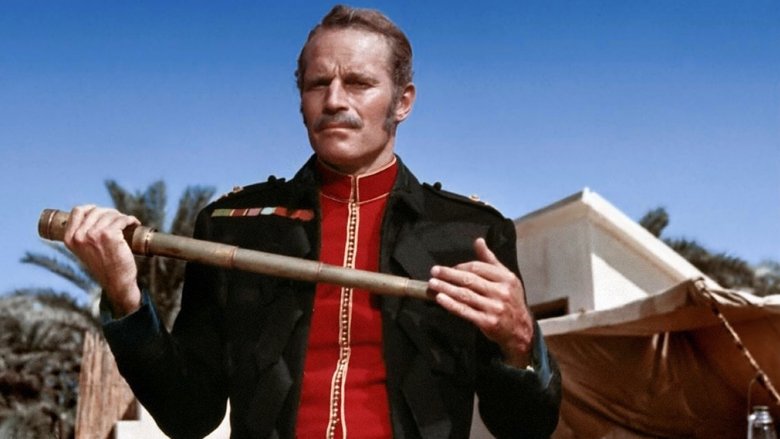
Khartoum (1966)
English General Charles George Gordon is appointed military governor of Anglo-Egyptian Sudan by the Prime Minister. Ordered to evacuate Egyptians from the Sudan, Gordon stays on to protect the people of Khartoum, who are under threat of being conquered by a Muslim army.
Watch Trailer
Cast
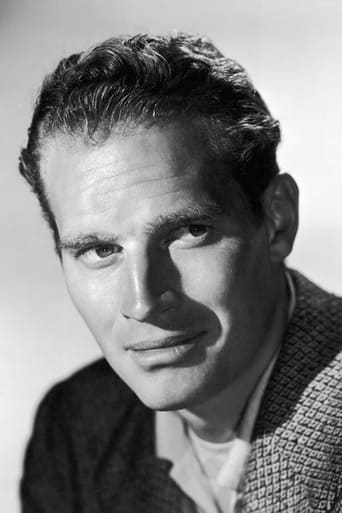


Similar titles
Reviews
Copyright 10 June 1966 by Julian Blaustein Productions. New York opening at the Warner Cinerama: 13 July 1966. U.S. release: 10 June 1966. U.K. general release: 13 August 1968. Australian release: 10 March 1967. Sydney opening at the Plaza in 70mm Cinerama. Also available in 70mm Ultra-Panavision and 35mm Panavision. Running times: 136 minutes (Australia), 130 minutes (U.K.), 128 minutes (U.S.A.).SYNOPSIS: After a British Colonel and his 10,000 untrained Egyptian troops are massacred by a fanatical Arab religious leader, the Mahdi, in the Sudan in 1883, General Charles Gordon, a national hero who has already spent six years in the country, is sent by Gladstone to evacuate the 13,000 troops in Khartoum and the civilians. But he is warned that his mission is unofficial so the government will not promise to back him up. Gordon is in fact in a hopeless situation.NOTES: Robert Ardrey was nominated for a 1966 Academy Award for Best Story and Screenplay (written directly for the screen), losing to "A Man and a Woman".Number 3 at U.K. road show box-offices for 1966.COMMENT: Great spectacle, great cast, fine historical research, meticulously directed and often (especially in its action scenes) excitingly presented. Technical credits are all A-1. Australians were fortunate that the Prologue sequence, directed by Eliot Elisofon, featuring the treasures of the Nile Valley, was retained for local release, whereas this fascinating sequence was cut from many British and American prints.Only one drawback in fact. But an important one: Olivier, who seems not only out of place, but way out of step with the rest of the cast.
Most of the events depicted in this movie are based upon fact. On the desiccated sands of the Sudan in 1883, 10,000 Egyptian soldiers commanded by British Colonel Hicks are massacred by warriors loyal to the fanatical Mahdi. Prime minister Gladstone dispatches General Charles Gordon(CHARLTON HESTON)to Khartoum to evacuate European nationals before they and the city's inhabitants are decimated by the Mahdi's forces. The cynical Colonel Stewart accompanies Gordon to Sudan as an aide. As the General oversees the evacuation, Colonel Stewart develops a respect for his superior officer. However, Gordon disobeys orders from London by remaining in Khartoum and fortifying the city against impending attack. As the garrison becomes increasingly constricted by a punishing siege, Gordon engages in a battle of wits with the Mahdi as he fights to save the city he has come to love.As the title suggests, the film is a depiction of the events leading up to and surrounding the siege of Khartoum as well as the siege itself. The script is great and well written. Although, some significant events have been omitted from the narrative which makes the film feel too restrained. On the other hand though, a couple of scenes have been fabricated for the sake of Hollywood and the movie benefits from this. Khartoum is decently paced and chunters along at a fine speed with adept editing and stunning cinematography. The ever fantastic Charlton Heston embodies the role of General Gordon with commendable ease. Chuck was the king of the period epic and this film belongs to him without a doubt. The illustrious Laurence Olivier was rather hammy in his portray of the Mahdi. As this was the case, it was difficult to take the character seriously and hew wasn't as threatening as he should have been. There are scenes in which Gordon travels to the Mahdi's camp and through engrossing conversation, begins to respect his enemy and vice versa. Now this never happened in reality and was merely invented for artistic licence. The verbal exchanges between the two men were excellently scripted. Khartoum is peppered with robust performances. Richard Johnson gave staunch support as Colonel Stewart, as did Ralph Richardson, Alexander Knox and Nigel Green. Edward Underdown also gave a sturdy, but abrupt portrayal of Colonel Billy Hicks.Boasting electrifying battle sequences, Khartoum is never short of spectacle. The spectacular action is constructed by Yakima Canutt and his immensely sophisticated stunt team, the same group of people responsible for the exhilarating action scenes featured in the epic Ben-Hur(1959). Unfortunately, the pains of Canutt's labour have been treated with shambolic disregard by the BBFC. In English, the region 2 DVD release has been hacked to smithereens due to "illegal horse falls". This really is a crying shame as the battle sequences are truly epic in scope. Firstly, this has taken the edge off of the action sequences. Secondly, now don't get me wrong, I loathe animal cruelty as much as anyone else, but to cut footage from old films such as this is appalling. I believe it to be an insult to the vigorous work of Canutt and stuntmen like him. There's a taut river ambush in which a steamboat commanded by Colonel Stewart is attacked by Arab forces. This sequence is executed in truly spectacular fashion, complete with bone chilling stunts and special effects!. However, this sequence is tactlessly handled in that half of the battle is left out of the movie. In reality, Colonel Stewart and the surviving Europeans were slaughtered after the steamboat ran aground. The film doesn't show this, merely implying the events towards the end. The narrative prefers to progress after the steamboat begins bombarding the blockade of Arab boats. I was impressed with the ultimate battle of Khartoum. In real life, it was more of a mass slaughter as opposed to the glorious last stand depicted at the film's climax. Still, the end result is fantastic. It reminded me of the epic battle at the end of John Wayne's The Alamo(1960), although the battle shown in Khartoum was smaller and didn't last as long. There were also a few smaller battles in the desert. Memorable as they were, the felt too pressured and suffered most from the unnecessary cuts. The lofty musical score was fine, although typical of historical epics such as this.Khartoum never fails in providing a colourful 2 hours of entertainment. It just feels rushed with too much restraint placed on the action scenes. However, it showcases an interesting piece of British military history which is often overlooked. 8/10.
What makes KHARTOUM so relevant to today's world, is the characterization of The Mahdi (LAURENCE OLIVIER) as a religious zealot, a Muslim fanatic who wants to wage a Holy War against the infidels and keeps proclaiming himself with the words: "I am the Expected One." Although this depiction of a true story is based on events that happened in the 1880s in the Sudan, it's timelier than ever when one connects the dots to Osama Bin Laden. And who doesn't? It's another story in the grand tradition of all those Hollywood epics that dealt with the British Empire and its expansion of colonies with British soldiers engaged in desert warfare against fanatic enemies. CHARLTON HESTON sometimes lets his British accent slip, but gives a persuasive performance in the kind of role he was born to play, even if his motivations are never completely clear. As to why he even assumes such an impossible mission, one can only wonder when the odds were so stacked against him in what seemed like a hopeless assignment. However, he's always in full command of his role.So is LAURENCE OLIVIER in dark-skinned make-up and using a convincing accent that makes his character seem true to life, seeing himself as the chosen one to lead his tribe against British rule. The confrontations between him and Heston are well staged and both actors appear at their best in these highly literate scenes that reveal the depth of their beliefs.Frank Cordell's score is fascinating and Yakima Canutt's staging of the battle scenes adds a great deal to the authenticity of the desert battles. RALPH RICHARDSON is fine as Prime Minister William Gladstone, anxious to save the reputation of his country after a humiliating defeat, and RICHARD JOHNSON is excellent as Col. Stewart, the man assigned to accompany Heston to the Sudan.The screenplay is an intelligent examination of the events and deservedly won an Oscar nomination for Best Screenplay written directly for the screen. Tighter editing might have improved the lengthy film that runs two hours and fourteen minutes.
If this was supposed to be an epic war movie, it failed miserably. I was really hoping to see the defeat of the rebels in Sudan, much as one would hope for the defeat of the Janjaweed and the rescue of Darfur. I was sorely disappointed.The photography was magnificent, the music excellent, and the battles that were fought were impressive, but you are talking about 10% of the time spent on this film. The rest of the time was Charleton Heston just talking. he had nothing to back up his talk and was relying on rescue from the British Army. What a few hundred soldiers were going to defeat a rebel army of 20,000? Laurence Oliver was unrecognizable in makeup and a beard, but you could see the power of his acting in every word and gesture. he was magnificent.Not worth the time invested.


